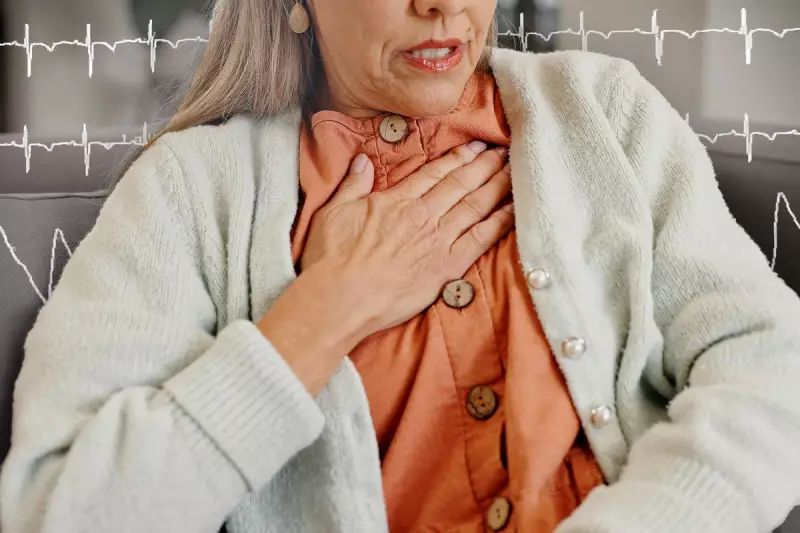
A stark health alert is being issued for women across the UK, as new evidence reveals they frequently experience strokes and heart attacks in a profoundly different way to men. This critical gender gap is causing dangerous delays in diagnosis and treatment, potentially costing lives.
The research indicates that while men often report the classic, crushing chest pain during a cardiac event, women's symptoms can be far more subtle and easily dismissed. These 'silent' or non-traditional signs frequently go unrecognised by both patients and medical professionals.
Beyond Chest Pain: Recognising the Subtle Signs
For heart attacks, women are more likely to experience a collection of symptoms that don't point directly to the heart. Key warning signs include:
- Severe fatigue and overwhelming exhaustion
- Shortness of breath without exertion
- Nausea, vomiting, or indigestion-like pain
- Pain in the jaw, neck, or back rather than the chest
- A general feeling of being unwell or 'just not right'
The Female Stroke: A Different Presentation
The differences extend to strokes, where women may exhibit symptoms often mistaken for less serious conditions. Alongside the common FAST acronym (Face, Arms, Speech, Time), women should be alert to:
- Hiccups that are persistent and unusual
- Dizziness and disorientation
- Agitation and sudden behavioural changes
- Seizures or loss of consciousness
Professor Sarah Ross from the University of Leeds emphasises the urgency: "The message that women's symptoms can be different isn't getting through. We are seeing women presenting later, which drastically reduces the effectiveness of treatments like clot-busting drugs for strokes."
Why the Delay? Biology and Perception
This diagnostic disparity is believed to be a combination of biological factors and systemic bias. Women's plaques in arteries may erode differently, and higher levels of inflammation could influence symptom presentation. Furthermore, a historical focus on male-centric symptoms in medical training has created a dangerous knowledge gap.
Charities like the British Heart Foundation are now campaigning for greater public awareness and urging both women and healthcare providers to trust their instincts. The crucial advice is clear: if something feels profoundly wrong, seek immediate medical attention. Do not dismiss subtle symptoms—acting fast could save your life.





